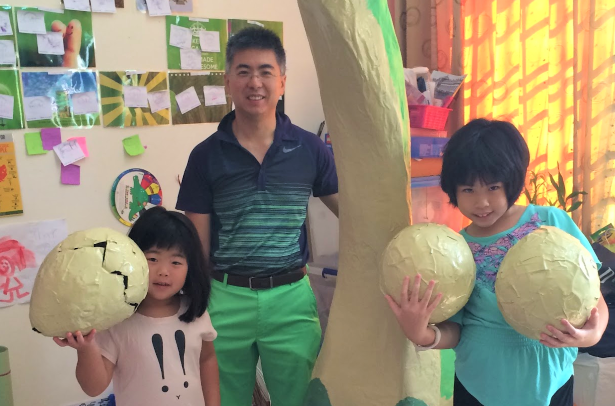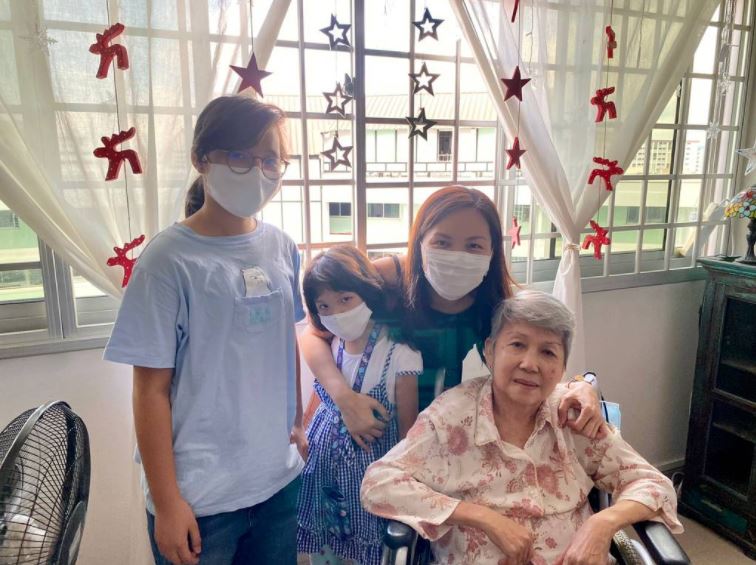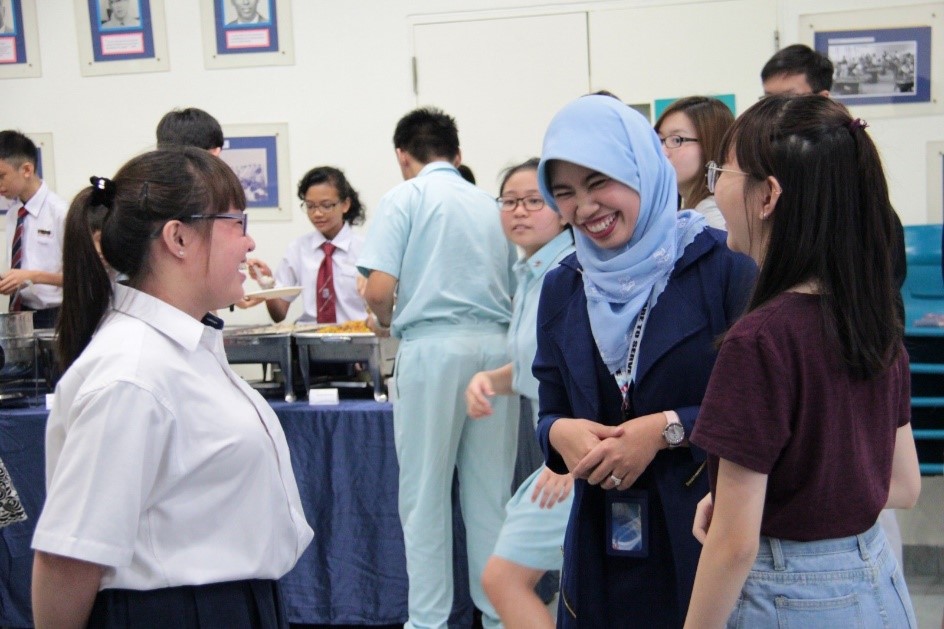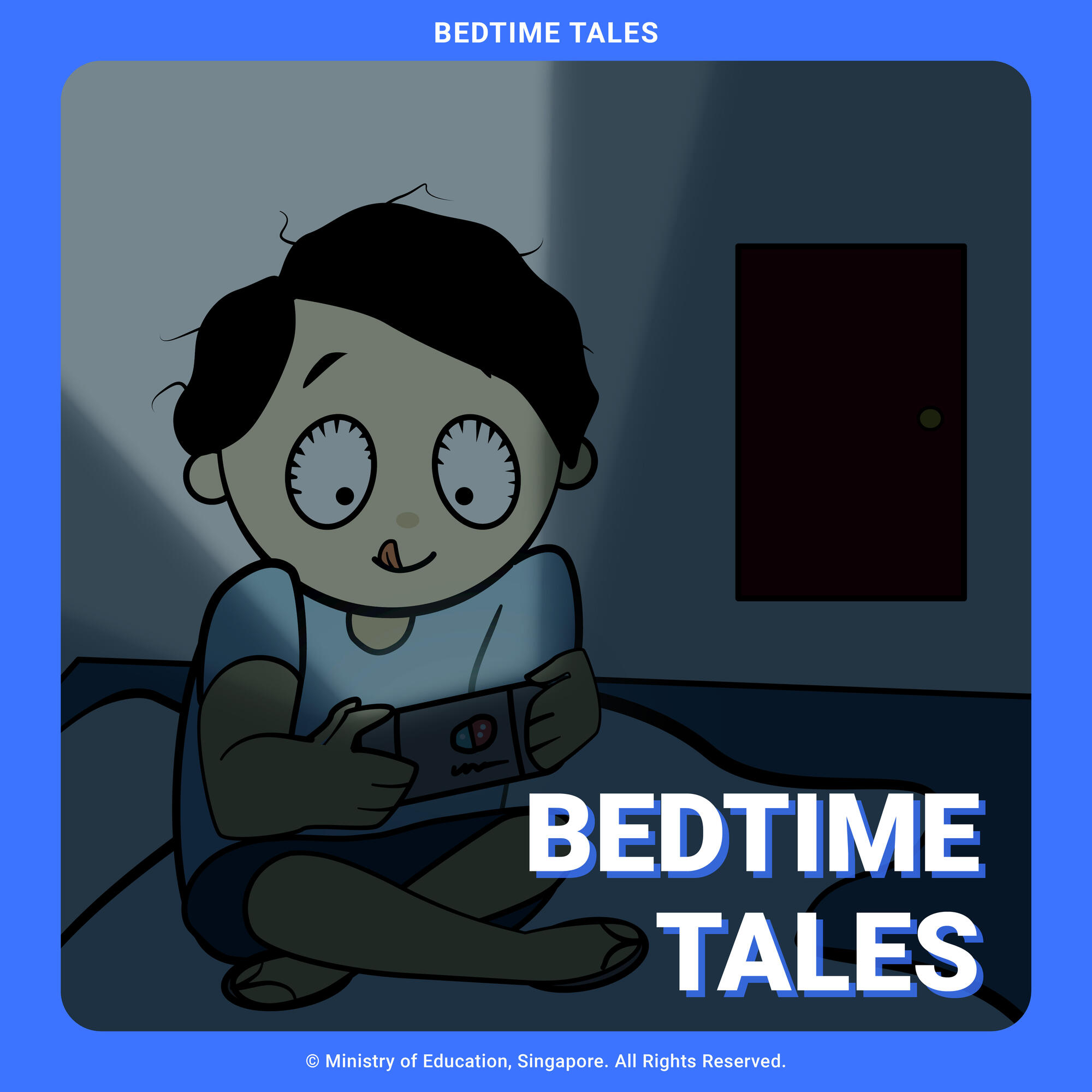In Mr Charles Yong’s living room, hangs a list of 100 ways to encourage a child. The father of two daughters, aged 17 and 14, printed it out and put it up as a reminder to himself to be his daughters’ biggest cheerleader.
Mr Yong, who now leads the Parent Support Group (PSG) at School of the Arts (SOTA), where both his daughters are studying, admits that he used to be a “stereotypical tough Asian dad” who was very hands-off about his kids’ emotional and educational needs.
Now, as PSG Chairperson, together with a dedicated team of PSG members, he organises workshops, seminars and discussions on mental health and other topics for fellow parents.
So, what brought on this change?
In 2013, when his younger daughter was in Primary 1, she struggled with Chinese and with making friends. Her self-esteem took a dip. This experience made Mr Yong think about his role as a father, and to be open to receiving help in his parenting journey.
The next year, he attended a couple of parenting programmes organised by the Ministry of Social and Family Development. At the very first session, he was struck by the stark difference between the positive parenting techniques they were teaching, and his rather uninvolved parenting style.
“Good things must share”: Bringing this knowledge to SOTA’s PSG
For Mr Yong, there was no looking back. He started to give his children more positive affirmation.

Hanging in Mr Yong’s living room is this list he printed out, to remind himself of how to be his daughters’ biggest cheerleader.
He also started doing fun activities with the family as advised at the workshop. He would do arts and crafts sessions with his daughters. For one of the girls’ birthday parties, they built a papier-mâché dinosaur together. Little did he know then that this would ignite his daughters’ love for art, and lead them to SOTA later on!
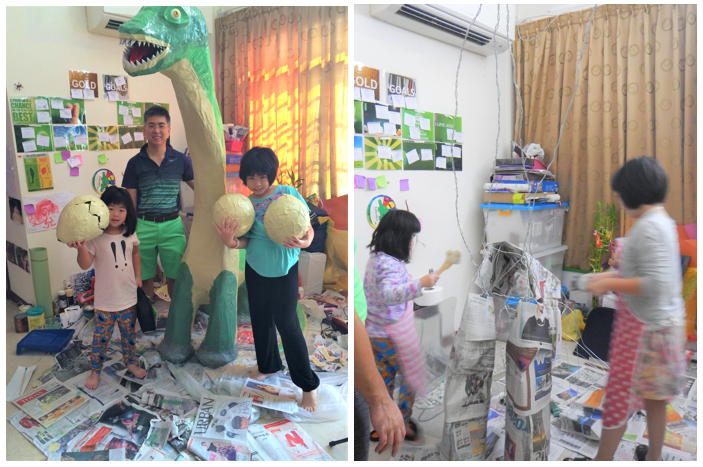
Fast-forward to 2016. His elder daughter began Year 1 in SOTA, and he joined the PSG in search of a community of parents.
The school, Mr Yong recalled, was already talking about mental wellness.
As Vice Principal of SOTA, Ms Pauline Ann Tan, explains, “One of the objectives in the SOTA PSG constitution states that the PSG’s role is to support parents in their parenting journey. So, we asked ourselves back then, ‘what would that look like’? Even though the term ‘mental wellness’ was not as commonplace as it is now, the school and PSG understood the underlying principle: parents need to be equipped to support their children through the stressors and anxieties of life.”
“It was a very natural confluence of goals between parents and the school,” says Mrs Kumutha Saravanan, the teacher-in-charge of the school’s PSG. So, they started organising parent-networking sessions and parent-child bonding activities.
Ms Tan adds, “Mental health is a difficult topic that you can’t just jump into cold. The school and PSG have been able to develop it together because we have worked on building our relationship on trust and open communication over the years.”
Learning from one another and experts
Mr Yong, who became Chairperson this year, says that over the past five years, he has noticed that parents are increasingly aware of their children’s mental wellbeing needs – be it stress, cyber bullying or even self-harm. But they still struggle with knowing what to do next.
Hence one of the PSG’s goals: Equip parents with information on mental wellness and give them the tools to support their children in navigating the ups and downs of life.
With that in mind, SOTA’s PSG organised opportunities for parents to learn from one another as well as from invited experts.
One such platform is ‘Parent Conversations’, which brings together 30-40 participants at a time to discuss timely topics. For example, in September 2021, parents of Year 3 and 4 students gathered online to talk about how to support their children through the upcoming End of Year exams. Past sessions have included discussions on stress management, concerns about Home-Based Learning, and cyberbullying. These ‘conversations’ run five times a year.
“It’s helpful to hear from another parent about how they handle various issues, or what’s in store for your child as they move through the years,” explains Mr Yong.
Ms Leeanne Leong, a PSG Exco member, also engaged experts to run workshops. This year, Caring for Life (CFL), an organisation that educates on suicide prevention, mental wellness and resilience, ran a workshop for 70 SOTA parents. The workshop was divided into six sessions that covered warning signs parents should look out for, as well as how parents can have conversations with their children on these topics.
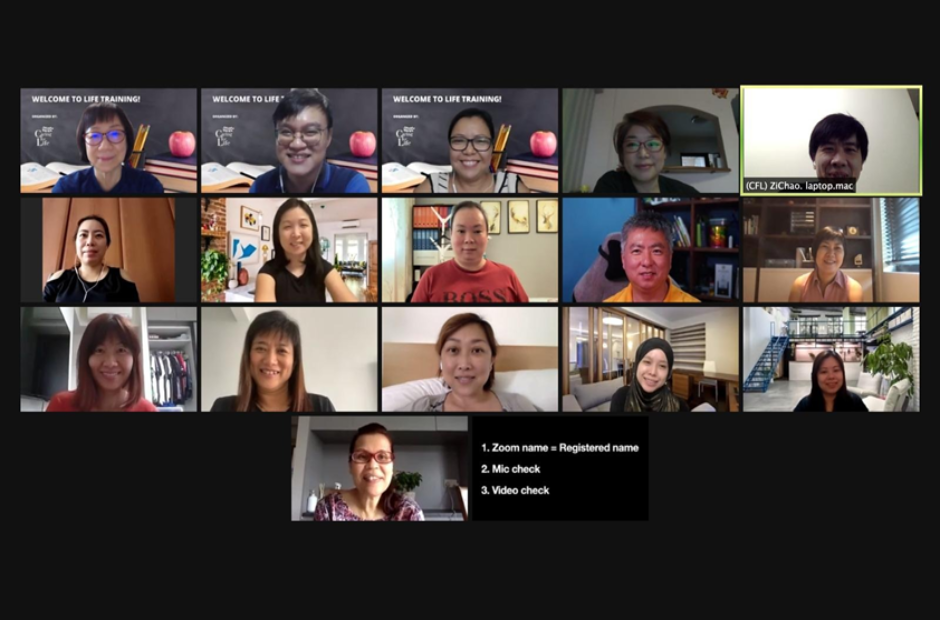
Screenshot of one of the sessions the PSG had with Caring for Life
There are also Parent-Coach Dialogues run by Focus on the Family, a local organisation, which works to strengthen family relationships. Parents attend four sessions over a week, learning about parenting styles, child development theories, and approaches to building healthy parent-child relationships. Attendees share their experiences with other parents and the trainers.
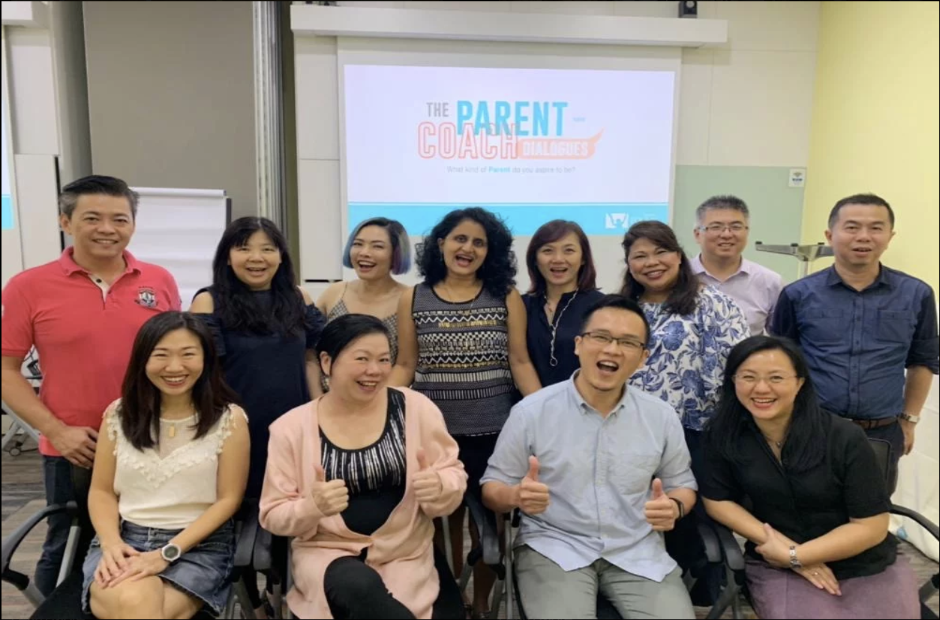
PSG photo at a Parent-Coach Dialogue session, run by Focus on the Family.
The PSG also works with the school to support FamChamps, which is run by students. Pre-COVID, they hosted Honour Night, an evening when parents and their children gather in school for a meal and play bonding activities to better understand and appreciate each other.
Mrs Saravanan also notes that thanks to the work done by the PSG in partnership with the school, “Students are more forthcoming in seeking counselling.” When parents are calm and connected with their children, this often translates to students being calm in school and ready to engage, noted Vice-Principal Ms Tan.
Transforming families, one conversation at a time
One common theme that runs through all the PSG’s efforts is the importance of parents having meaningful conversations with their children. Doing so builds a relationship of trust and open communication, which Mr Yong emphasises is fundamental for parents to support their child’s mental wellbeing.
In the past, Mr Yong recounts, conversations about school with his daughters did not go far beyond ‘How is your homework?’ As Mr Yong shares with other parents, such limited conversations can lead to the child feeling like they are going through school all alone.
Instead, Mr Yong learnt to ask, ‘Hey, I heard this happened in school today. How do you feel about it?’
“Parents need to show their children that home is a safe space. If children don’t trust that, they won’t talk to parents about their troubles. It will impact their mental wellbeing in later stages of life,” Mr Yong shares. He advises that when your child shares something with you that you may be uncomfortable with, don’t panic, hear them out, and assure them that you still love and accept them.
In holding these workshops, Mr Yong also realises that parents need to be open to honest feedback. ”The way you currently parent your child may not be the best way,” says Mr Yong. “I learnt that myself, right? So, I would like to suggest that parents be open to other ways of handling a situation. And how you parent your child in primary school is different from how you’d parent the same child in secondary school.”
It is a tall order for parents, acknowledges Mr Yong, but he takes heart from the little anecdotes he hears from fellow parents. “When parents talk about having closer relationships with their children or having deeper conversations, that makes me want to persevere.”
He adds, “Our awareness can do so much for our children,” says Mr Yong. “It could turn a life around; it could save a life.”



